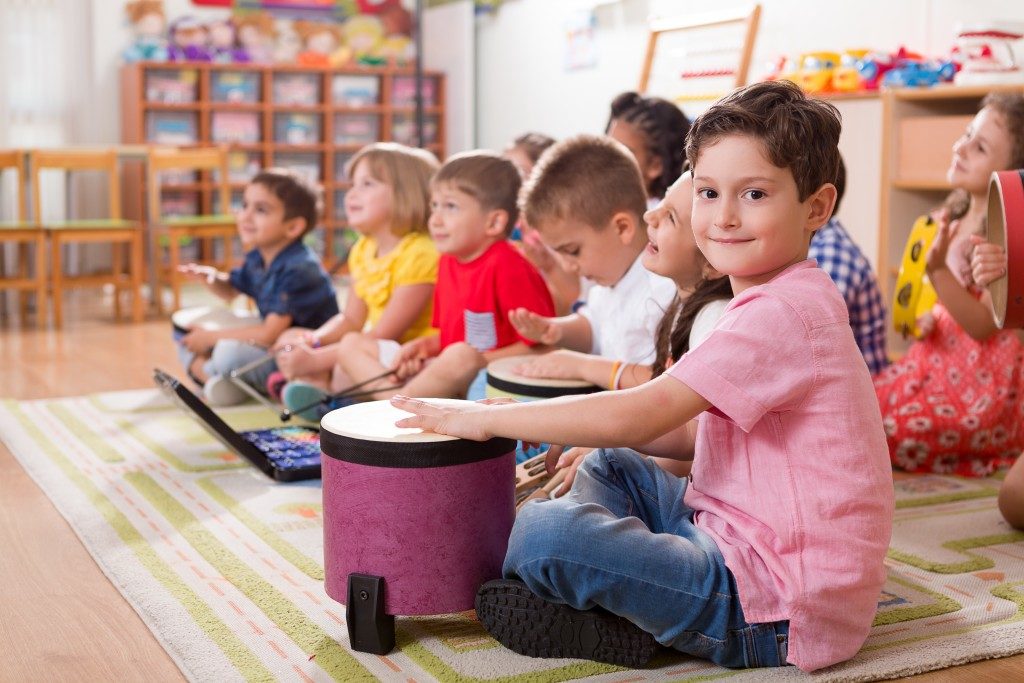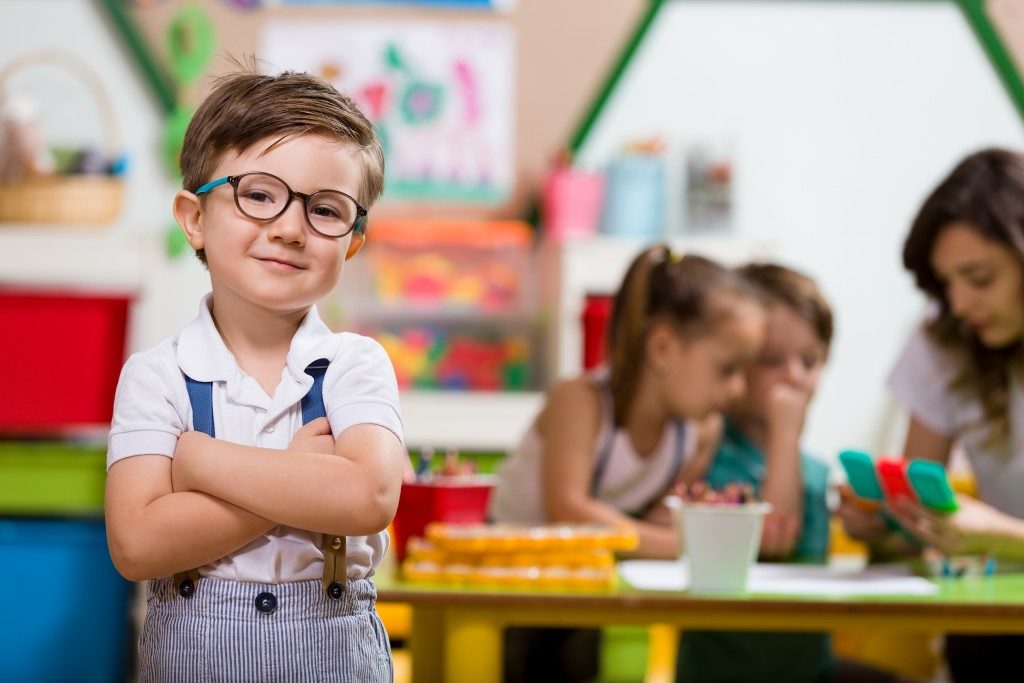In the past, preschool education was seen as a supplement to early childhood development, providing a way for parents to make their little ones prepared for the big school. While it still isn’t required today, enrolling small children in such learning environments appears to have become the status quo. In fact, as early as 6 months old, some already take part in exposure classes. Preschool usually starts when the child turns 3 or 4 and sessions typically involve pre-writing worksheets, pre-reading exercises, social interaction, and games.
With the many activities designed to help small children learn the basics about their environment, it’s no surprise that many parents see early education as a necessary part of schooling. Kids learn from the moment they are born and a preschool environment can help reinforce what they see, hear, and experience as they grow. Here’s why preschool education is important for young children:
1. It is a way to experience growth
A preschool setting is a child’s first experience in an organized environment without restricting their freedom to interact with other kids and their teachers. It is a great way to appreciate and learn new things, as well as understand the importance of co-existing with peers, sharing, and following directions.
2. It helps promote social and emotional development
In order for the learning process to succeed, children should be able to feel loved and secure with their educator. When a toddler has no problem spending time with other people (parents and immediate caregivers excluded), he or she develops trust. The ideal preschool environment is one where fostering warm relationships among kids, teachers, and caregivers at the core.
3. It enhances cognitive, language, and motor skills
Preschool settings are language and movement rich, which means children will be exposed to plenty of talking and moving. Small children can expand their vocabulary, create complete sentences, know how to respond to questions and instructions, role-play with peers and more, in a way that also teaches them to “share the spotlight” and not dominate conversations.
Teachers can introduce different situations and children are taught the best ways to deal with specific scenarios. Children are also encouraged to become more curious and explorative of their environment.
4. It teaches children to care for themselves and their peers
Children’s competence and sense of self-growth are developed in preschool when they learn to care for their peers and themselves. Such activities include sitting beside classmates during meal times, keeping personal items in designated lockers, sharing food with peers, and more.
5. It prepares young minds for kindergarten

The pre-literacy skills learned in preschool helps prepare kids to cope with the demands of kindergarten, where the environment can be more stringent and academically competitive. Lessons are often geared toward developing pre-reading and pre-writing skills, tracing shapes and patterns, coloring and drawing, playing with clay, identifying colors and everyday items, teaching songs and dances, and more.
Children need a structured environment, so they can maximize learning at this age. While this doesn’t mean preschool will be driven by strict rules (quite the opposite, in fact), educators will be able to orient and ready young minds for what the big school requires. Having them move in a semi-formal and organized setup encourages interaction while minimizing conflict.
In fact, many studies have shown that children who have been exposed to a classroom environment before they reach the K stage are better adjusted and respond more positively to the new setting. They are also able to cope faster and more confidently.

